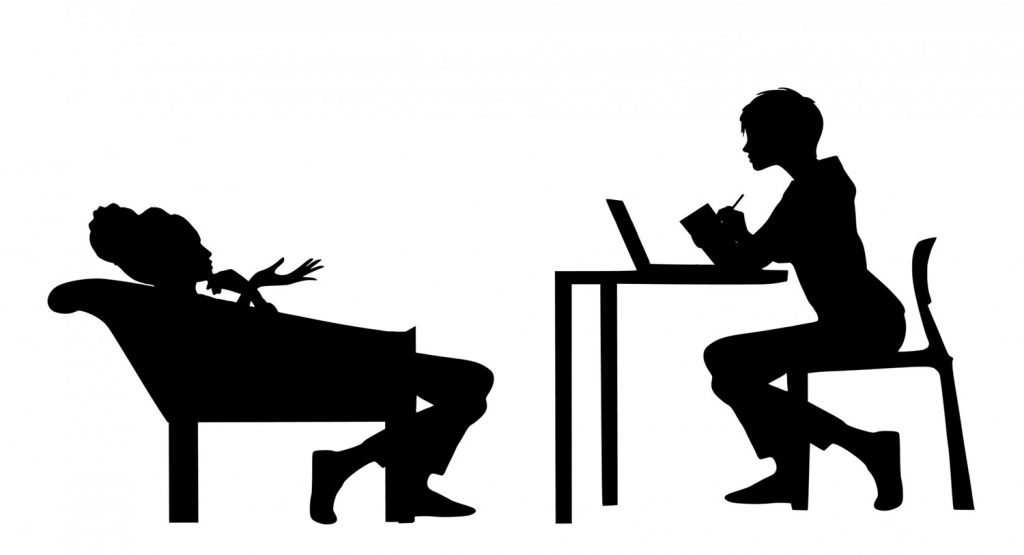
Lately a lot of attention being given to manifesting positivity.
This is causing some disquiet in the counselling world and has raised the question about the dangers of positivity.
So is positivity toxic?
The answer? That depends.
Positivity can be very positive and a great force for change.
On the flip side, positivity can also be very toxic.
So how do you know which positivity is positive and which is toxic?
Toxic positivity denies negative feelings. In the face of a terrible set back, positive psychology involves denying any sadness or upset about what has happened.
Toxic positivity will say “don’t think about it, stay positive”.
It will say “don’t worry. Be happy”.
It will say you cannot fail, that is just not an option.
It will not allow any voicing of what is perceived as negative.
It will refuse to allow space for you to feel hurt.
The toxically positive person will shut down other people when they try to express hurt.
Good positivity acknowledges the bad things that happen and allows for the bad and good feelings around that to be expressed.
It does not seek to deny the bad.
Good positivity will place their hand on their heart and say “ouch, that hurts” and offer comfort to themself.
Good positivity will be honest about their feelings.
What good positivity does, when the person is ready, is allow them to look at what has happened from a different perspective.
Here is an example.
Jill was conditioned early in life by her abusive parents and controlling mother to people please. To earn the approval necessary to feel that her mother would not throw her out of the house, she had to dance to the obscure commands of her mother. If she did the right thing, she earned brief words of approval and for a short while felt safe. Jill learned to move through life doing things to get approval. Sometimes the things she went along with did not match where she wanted to be. These made her feel worthless and ashamed.
At one stage, Jill moved into a new house. She wanted to have friendly neighbours. She had never enjoyed good relationships with neighbours. No matter how hard she tried, her neighbours always ended up being not very nice people. Jill believed it was her fault, despite other people also finding her neighbours not very nice people.
In the new house Jill ignored the nasty things her neighbours were saying about her as she climbed a ladder to fix the roof. She was determined to be friends with her neighbours.
At first everything seemed good. They appeared friendly, and she made promising connections with two other sets of neighbours this couple were friends with.
She ignored the nasty comments the neighbours continued to make, mocking things she and her family were doing.
Then one day the woman next door picked a fight with Jill and the friendliness was over.
Jill was devastated. She tried to talk to the neighbour, but the neighbour avoided her. Instead she heard her neighbour telling her husband and the two other neighbours lies about Jill and what had actually happened.
Jill was incredibly hurt. She felt terribly unsafe.
She spent a lot of time telling her head all the truths about these neighbours, while her brain’s defence mechanisms were telling her she was not safe.
All the conscious logic in the world is powerless against the powerful subconscious neural circuits in our brains and Jill’s neural circuits were firing danger signals.
For two years Jill took one day at a time, determined to find the source of gratitude in the nastiness. She kept chipping away at the hurtful things that were happening by acknowledging them and looking at the good things that were happening.
Her neighbour might have had friends over and told them in a loud voice so Jill could hear, how awful her neighbour was. Ouch, that hurt.
Then Jill went for a walk and another neighbour in the street stopped and had a lovely conversation with her. That was lovely. Put that one in the gratitude diary – “I am grateful that my other neighbours are lovely and friendly”.
One day she realised how little this woman mattered.
She was able to understand that she didn’t want to be friends with this woman and the two other sets of neighbours. They were totally different to her and she didn’t do the social things they did.
Jill also realised the woman next door was mentally unwell. She used controlling behaviours, much as Jill’s mother had, to manipulate her environment to make herself feel safe.
Jill realised that to remain friends with this woman she had to pretend to be someone else. She could not be herself with this woman. The woman had picked a fight with her because the woman wanted to control Jill and make Jill be someone Jill was not.
Jill realised that if she had remained friends with this woman she would have continued people pleasing and would now be in a terrible mess.
Jill knew this falling out allowed her to be able to focus on what she wanted to do in life, not what others thought she should do.
Jill’s positive approach to what had happened was that the end of the friendship freed her to be herself. She was very grateful for this. Rather than seeing her neighbour’s nastiness as something devastating and shaming, she saw it as opening a door for her to be herself.
It took her two years to get there, but she had been able to reach that point by choosing to see the positives, once she had acknowledged the hurt.
It doesn’t often take us years to see the things that happen to us from a different perspective. Mostly, once we have acknowledged and soothed the hurt around the thing we are able to see the positives and be grateful.
To do that it is vital you are honest with yourself.
Acknowledge the hurt.
Express the hurt and provide comfort.
When you are ready, you will be able to see things to be grateful for despite what has happened.
—
If you would like to talk to me about how I can help you with moving through the hurtful things in life, please contact me on 0409396608 or nan@plentifullifecounselling.com.au
If you would like to learn more, I write a regular newsletter with interesting information, tips, information on courses, and the occasional freebie. At the moment I have a free mindfulness meditation for anyone who signs up to my newsletter. This meditation offers a way to safely explore your feelings and learn to be okay with them. If you would like to subscribe please click on the link here: http://eepurl.com/g8Jpiz








